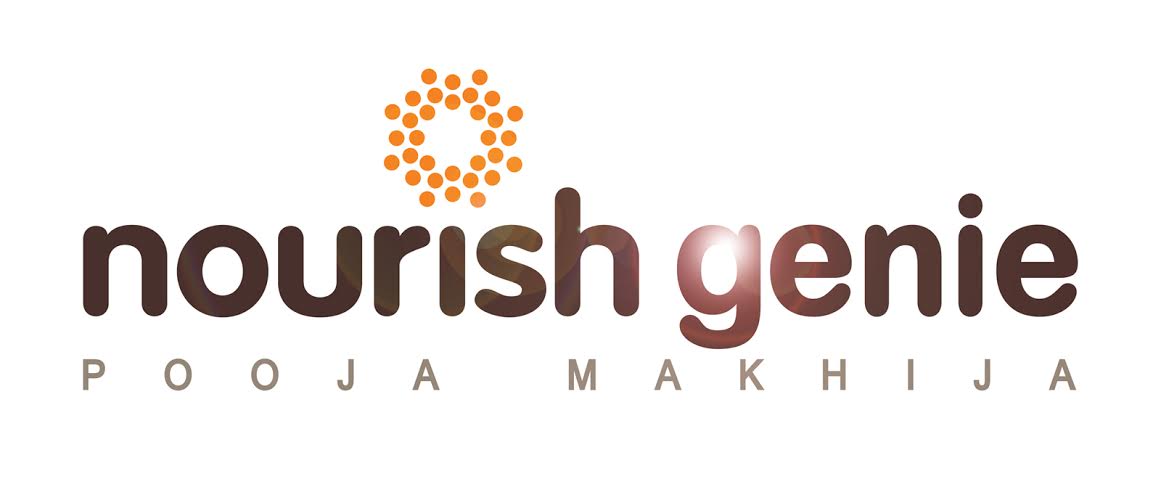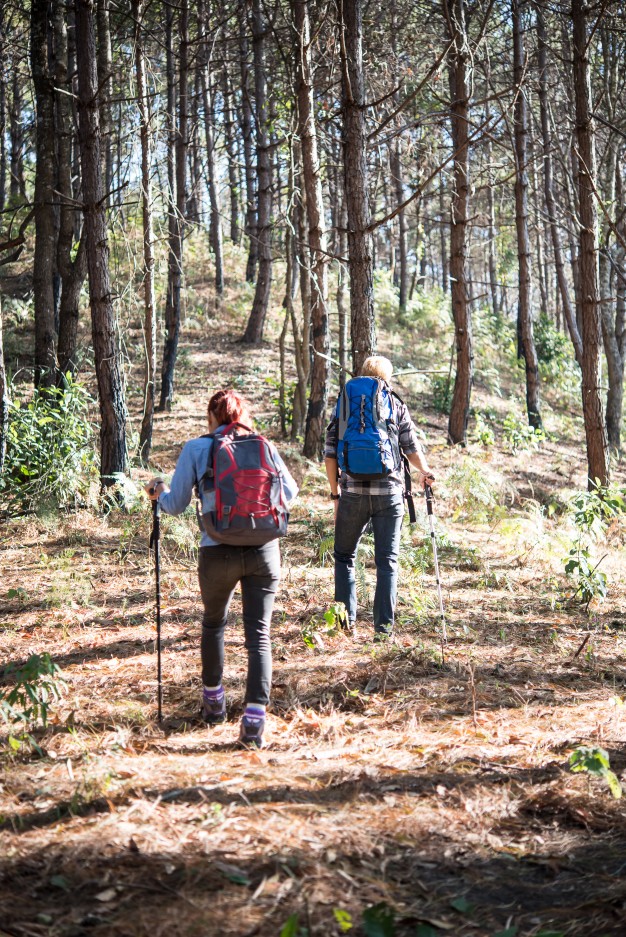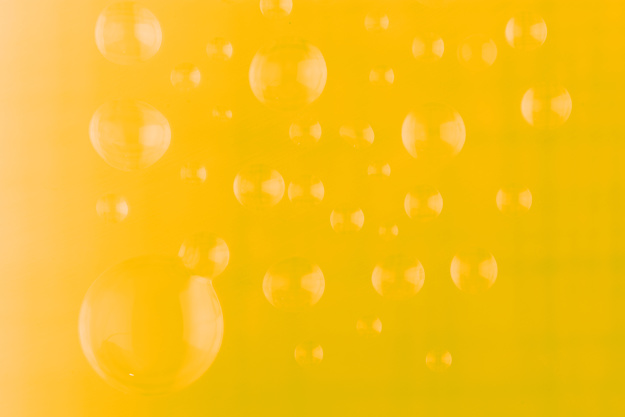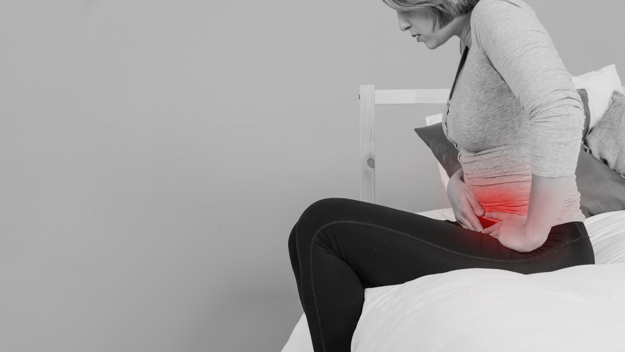Dear Pooja,
I am 29-year-old unmarried woman and planning to go for a trek to Manali after two months. Since trekking requires one to have good stamina, I would like to know the right diet that will help me increase my stamina levels. Currently, I feel tired when I run or brisk walk even for a short while. Please let me know which foods I should eat. Thank you.
Lets thank the Manali trip that triggered you to wake up and address the signs your body is giving you. In this roll-a-coaster life where we are so tuned to listening to every beep of our mobile distinguishing the sounds easily between an email, sms or or a what’s app – but the signs our body gives us so easily goes unnoticed. Weakness, breathlessness, poor stamina amongst others are all signals of under-nutrition, vitamins, minerals and/or amino acid deficiencies. Firstly I’d suggest you check your hemoglobin and serum B12 levels and have these deficiencies corrected as low levels of these are directly related to the signs you have mentioned above. Gaining long lasting stamina may take a little more love care and attention in your day-to-day diet and exercise regime over a long-term basis but you should see some definitive improvement within two months as well.
A visit to a nutritionist can teach you what your daily requirement for proteins and carbohydrates is and how to divide this effectively into several small meals to fuel your systems adequately. Keep the focus on good quality and quantity of proteins daily along with a good tilt toward fresh fruits and vegetables. Avoiding excess sugar and fat always goes a long way in terms of a fit and healthy mind and body. As I always suggest eating small meals every two hours not only improves metabolism and aids weight loss, it also makes sure that the body gets a steady supply to energy without any peaks or troughs in the blood sugar levels – this is one main essential for sustain Duracell stamina levels. Sorry I was unable to give you exact foods and quantities cause that requires me to know many details about you to help you in complete totality. All the best, hope you enjoy your trekking trip with great vigour and strength.
Dear Pooja,
My sister was diagnosed with jaundice earlier this month. She is recuperating at home now. Currently, she is on a liquid and soft food diet. She feels weak all the time. We eat non-vegetarian food at home. I was wondering if you could help us with what she can start eating and what she should avoid. Are there any particular snacks we should give her?Jaundice has a direct effect on the digestive system thus taking care of what you eat can help you recover faster. Low fat and high fluid diet is the key emphasis. To maintain the fluid and electrolyte balance hydrate yourself with ample amounts of water, chaas, coconut water, soups, juices, smoothies and milkshakes. Eat small frequent meals so as not to load the system at one time. Good quality and quantity of protein is important to recuperate faster. White lean meats like chicken and fish can be lightly steamed or grilled and consumed about two to three times a week. Egg whites are excellent in both their quality and quantity of protein so please add them generously to your daily diet. Foods to avoid include all fried and heavy calorie laden foods including cakes and candies, extra masala and spice, extra fibre – thus peel the fruits and avoid vegetables like with more seeds like cucumber, brinjal, tomatoes, stay away from carbonated drinks and excess caffeine as they irritate the gut. Home cooked food in good hygiene, less oil, lots of fluids and even more love is the quickest and easiest route to hasty recovery. Get well soon!
Dear Pooja,
My 17-year-old daughter suffers tremendously during her menstrual cycle every month. During those days, she barely eats and says most foods make her feel nauseous. Are there foods that will help ease her symptoms? Should she avoid certain foods? Does staying active help? Please advise.
Painful periods is a very common problem among teenage girls and women which hinder their normal school related, household or job work. Although some pain during periods is normal, excessive pain is not. The medical term for the same is dysmenorrhea.
Now the diet during these days is the most important and not eating is going the make the symptoms of discomfort worse. A diet rich in carbohydrates (roti, rice, bread, puha, upma and the like) having a good focus of good quality protein (egg whites for non vegetarians and soya, quinoa, pulses for the vegetarians) helps to continue the wear and tear functions of the body smoothly which is high during monthly menstruation due of uterine wall breakdown. So make sure you feed her some of these foods in the any form that she likes – the cuisine, style of cooking and taste can be adjust to suit her taste buds but eating is most essential.
A diet rich in vitamin B6 or pyridoxine helps ease period pain. Include fish, beef, starchy vegetables like potato, banana , rice, fortified cereals in your diet to get good quality B6 or even a supplement (50-100mg) a few days prior to, during and 3-4 days post completion of your periods every month is a good way to alleviate this pain. Among other aids – a warm water bag or heating pad applied to the lower belly area, light circular massage on the abdomen, warm beverages, warm shower or bath and light exercise all help to ease the pain. Good luck!



